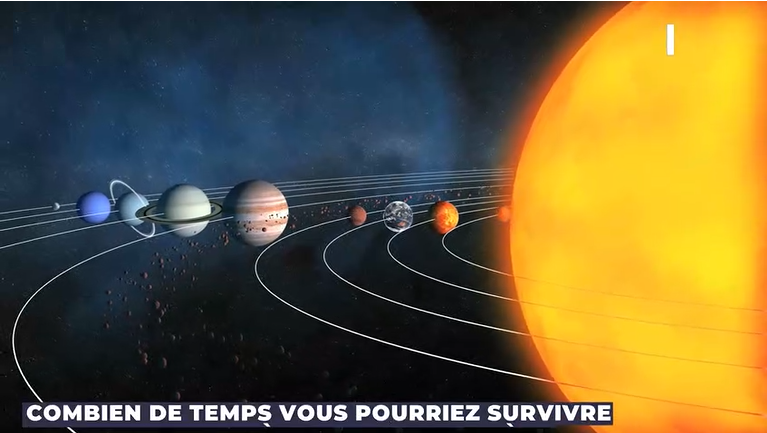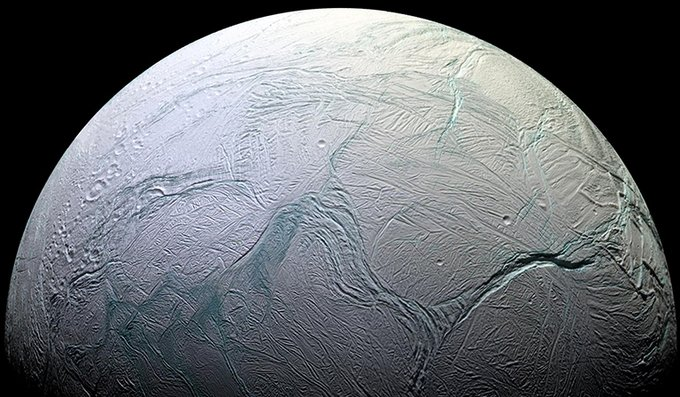Why We Could Find Life On Saturn's Moon Enceladus Without Even Landing There
Enceladus is a natural satellite of Saturn. Sixth largest moon of the ringed planet, The latter could contain a new form of life.

Not to mention UFOs, the search for extraterrestrial life in the broad sense is one of the main objectives of astronomy research. But where to start ? The universe is so wide that we get lost in this vertiginous search for a living being other than the one we already know.
The quest for extraterrestrial life
According to Professor John Eliott, head of the new center for post-detection of extraterrestrial life research: "When people say they don't believe there is life in space, they are really going against the grain of scientific opinion, ” he says.
In view of the latest research, we should first go in search of an environment conducive to the birth of any form of life before going on a UFO hunt.
Enceladus and its underground ocean
It is with this objective in mind that space agencies around the world frantically search for the presence of water , a very good clue to the presence of potential life on another planet. Could there be some on a star in the solar system? Enceladus, a moon of Saturn could be the ideal candidate.
This is indeed the hypothesis of some researchers. According to Regis Ferrière, a biologist specializing in the evolution of species, we may not even need to put a robot on the surface of the small sphere to detect life there.
The operation will not be an easy task. Enceladus is surrounded by a particularly dense shell of ice, the thickness of which is estimated at about 5 kilometers. Below, the moon would contain a deep ocean of about ten kilometers . Not to mention the distance that separates us from the star.
Read also: extraterrestrial life, NASA has identified a potentially habitable "super Earth"

?A simpler goal than it seems
But we may not need to drill through the shell of Enceladus. A new study shows that we should be able to detect life on the icy moon in the saltwater geysers that erupt from its surface .
"Clearly it would not be easy to send a robot to crawl through cracks in the ice and dive deep to the ocean floor ," says evolutionary biologist Regis Ferrière, from the University of Arizona.
According to the scientist, it would be enough to place a spacecraft in orbit around the moon. This would then be responsible for analyzing the water particles sent by the plumes.
"By simulating the data that an orbiting spacecraft would gather from the plumes alone, our team showed that this approach would be sufficient to confidently determine whether or not there is life in the ocean of Enceladus. " So what are we waiting for?
Source : websites

